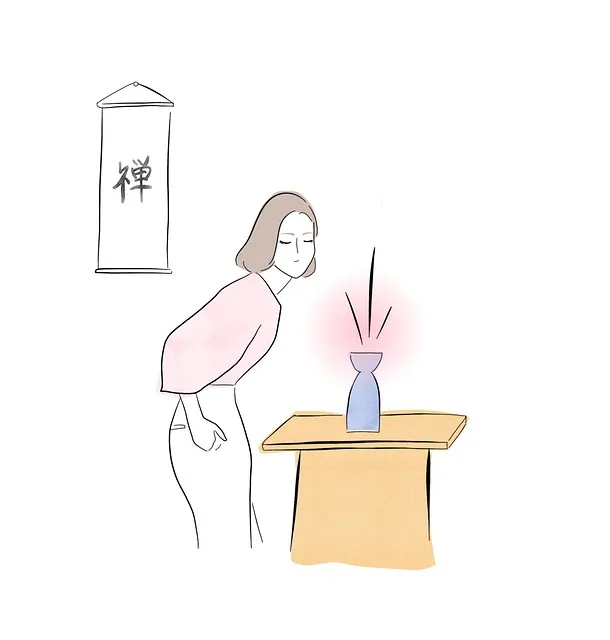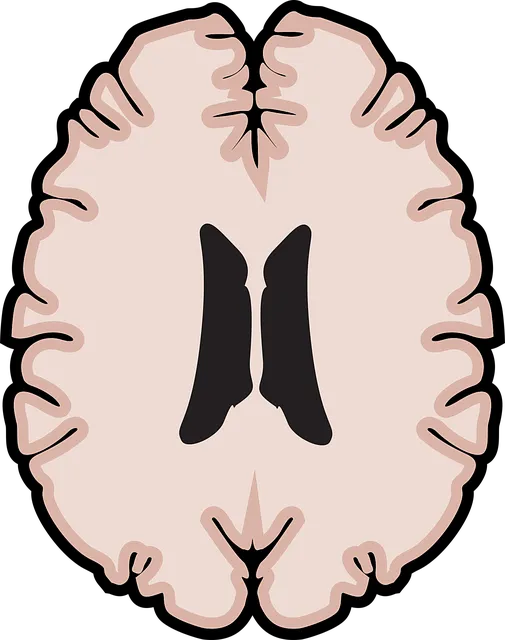In diverse Highlands Ranch, Kaiser's commitment to cultural competency is vital for equitable access to quality healthcare, especially in its inpatient mental health services. By training staff to recognize and respect cultural differences, Kaiser builds trust and provides tailored care approaches that enhance outcomes. The program integrates positive thinking, wellness coaching, trauma support, and holistic treatment, creating a supportive environment that encourages recovery. Effective training programs, including interactive workshops and role-playing, are crucial for improving cultural competency, facilitating communication, and building trust among diverse patient populations.
“In today’s diverse healthcare landscape, cultural competency is not just a preference but a necessity. This is especially pertinent in communities like Highlands Ranch, where patients from various ethnic and cultural backgrounds seek care. Understanding and addressing cultural competencies in healthcare can significantly improve patient outcomes and satisfaction levels.
This article explores the critical role of training in fostering cultural sensitivity among healthcare providers. We delve into specific initiatives, such as Kaiser’s inpatient mental health services in Highlands Ranch, and offer insights on implementing effective programs to bridge the gap in cultural competency.”
- Understanding Cultural Competency in Healthcare: Why It Matters in Highlands Ranch
- Kaiser's Inpatient Mental Health Services: A Deep Dive for Residents
- Implementing Effective Training Programs to Bridge the Gap in Cultural Competency
Understanding Cultural Competency in Healthcare: Why It Matters in Highlands Ranch

In Highlands Ranch, understanding cultural competency in healthcare is paramount as the community navigates diverse cultural landscapes. With a growing population comprising various ethnic backgrounds and unique healthcare needs, ensuring equitable access to quality care is essential. Cultural competency goes beyond basic communication; it involves recognizing and respecting differences in values, beliefs, and behaviors related to health and illness. This understanding fosters an environment where everyone feels heard, valued, and respected, which is crucial for building trust between patients and healthcare providers.
Highlands Ranch residents often turn to Kaiser’s inpatient mental health services for support. Given the sensitive nature of mental health concerns, culturally competent care is vital. By training their staff in mental health awareness, trauma support services, and conflict resolution techniques, Kaiser can better address the unique needs of its diverse patient population. Such initiatives ensure that patients receive care tailored to their cultural backgrounds, promoting better outcomes and stronger connections within the healthcare setting.
Kaiser's Inpatient Mental Health Services: A Deep Dive for Residents

In the vibrant community of Highlands Ranch, Kaiser has established a robust Inpatient Mental Health Services program designed to cater to residents’ diverse needs. This comprehensive initiative goes beyond traditional healthcare by incorporating elements of positive thinking and mental wellness coaching programs development. The hospital’s dedicated team offers trauma support services, ensuring that patients receive holistic care tailored to their unique circumstances.
Residents can benefit from a supportive environment that encourages open dialogue and promotes recovery. Kaiser’s approach emphasizes the importance of addressing both physical and mental health concerns simultaneously, fostering a healthier and more balanced community. This deep dive into inpatient mental health services highlights Kaiser’s commitment to enhancing overall well-being in Highlands Ranch.
Implementing Effective Training Programs to Bridge the Gap in Cultural Competency

Implementing effective training programs is pivotal to bridging the gap in cultural competency within healthcare institutions, such as Kaiser in Highlands Ranch’s inpatient mental health facilities. These programs must go beyond surface-level awareness and delve into practical applications, equipping providers with the skills to navigate diverse patient backgrounds and needs. By integrating interactive workshops, case studies, and role-playing scenarios, training can foster an environment where cultural sensitivity becomes second nature.
Embracing comprehensive training initiatives not only enhances patient care but also promotes effective communication and trust-building. Techniques like stress reduction methods, emotional well-being promotion, and conflict resolution skills are pivotal in creating a safe space for patients from various cultural backgrounds. Kaiser’s commitment to such programs ensures that inpatient mental health services not only meet but exceed expectations, fostering inclusivity and positive outcomes for all individuals seeking care.
Cultural competency training is not just a suggestion, but an imperative for healthcare providers in diverse communities like Highlands Ranch. As Kaiser’s inpatient mental health services demonstrate, addressing cultural gaps can significantly enhance patient outcomes and satisfaction. Implementing effective training programs, as discussed in this article, offers a roadmap to bridge these gaps, ensuring that all residents of Highlands Ranch receive the compassionate, culturally sensitive care they deserve.






